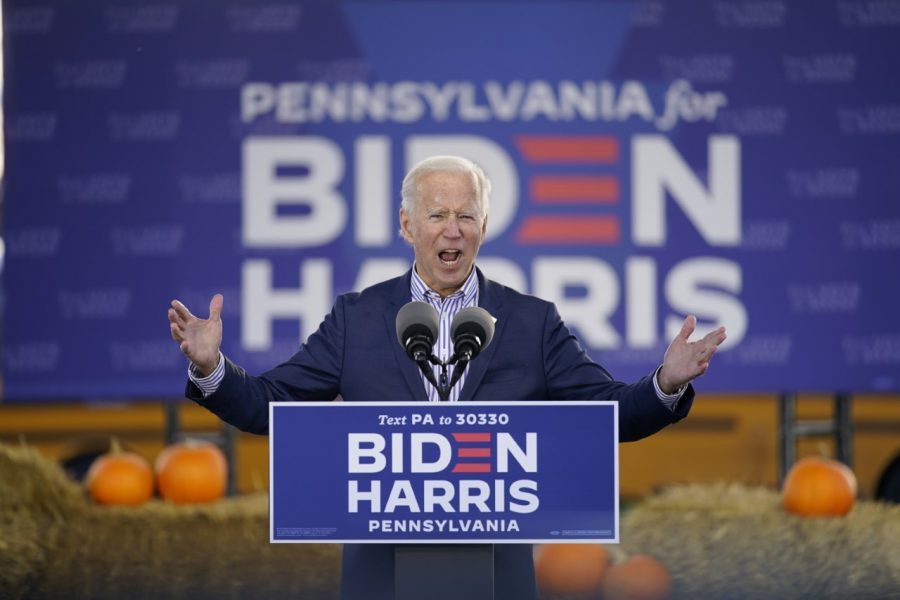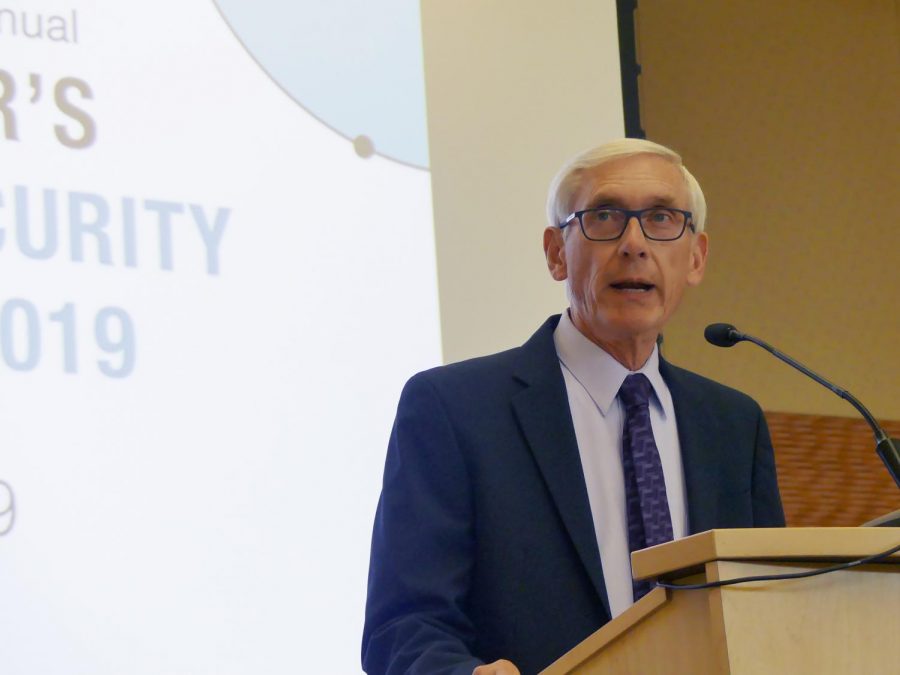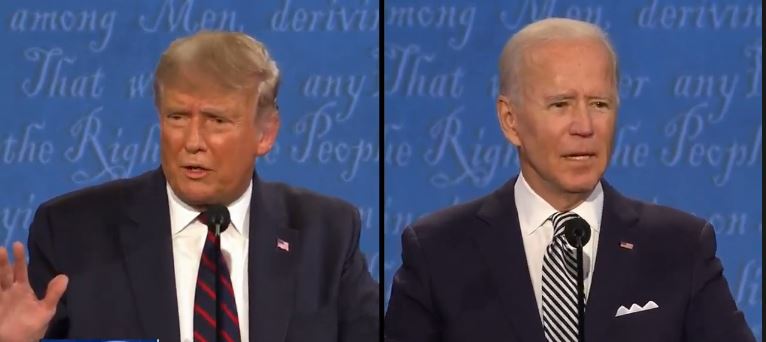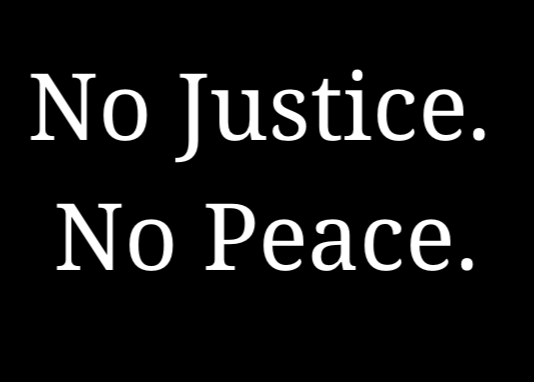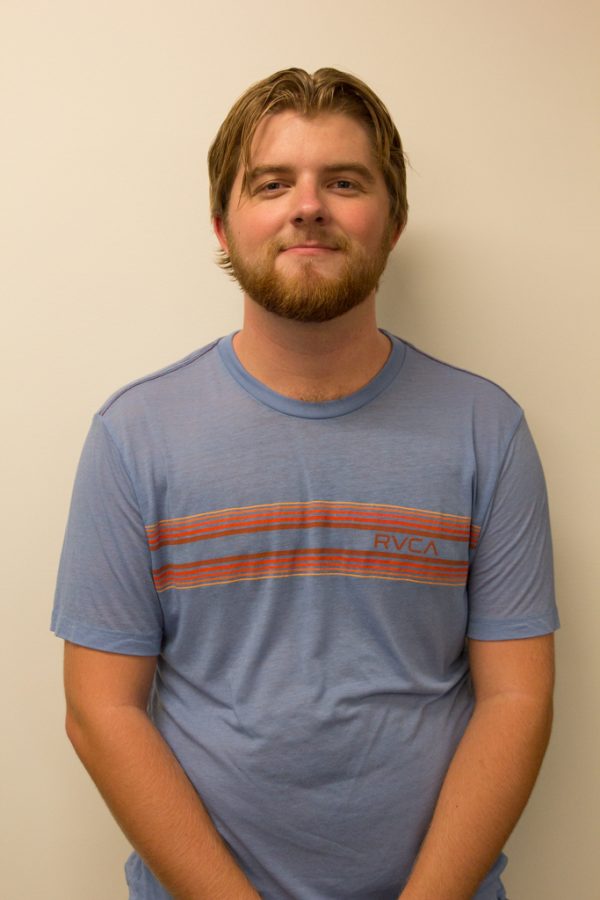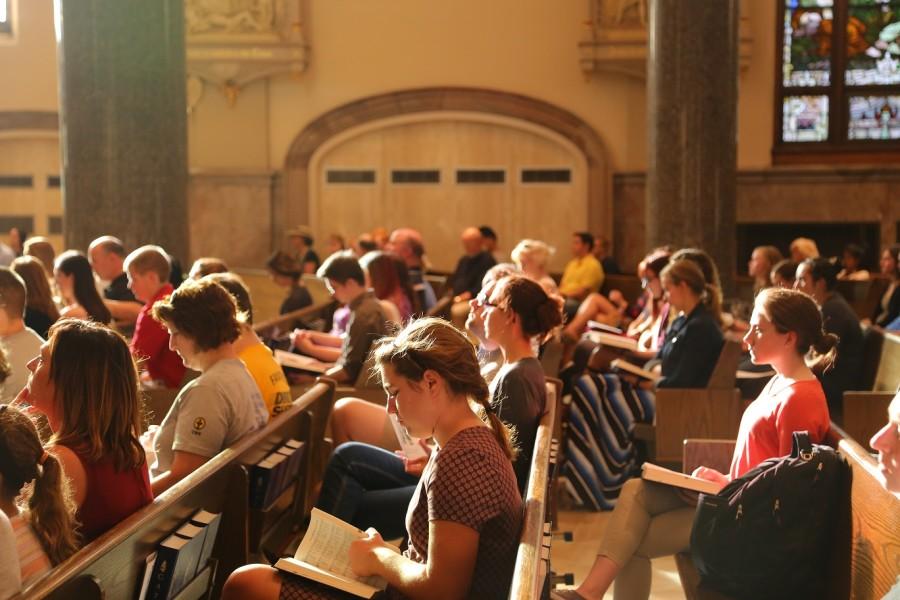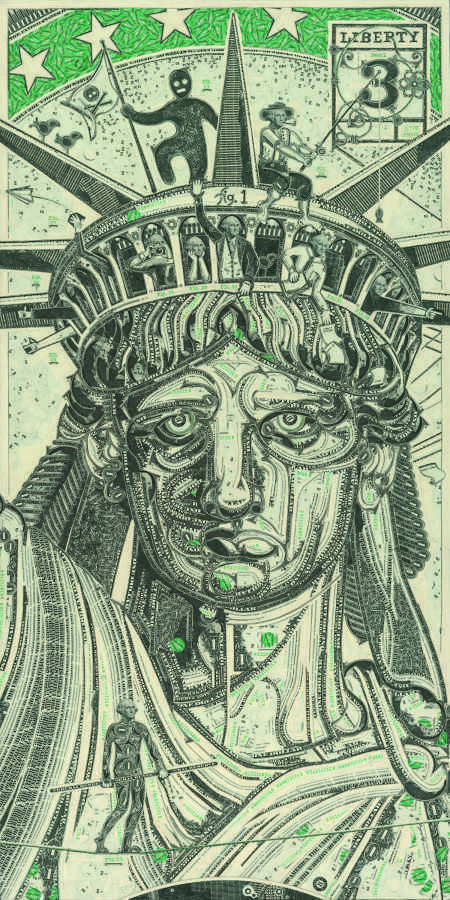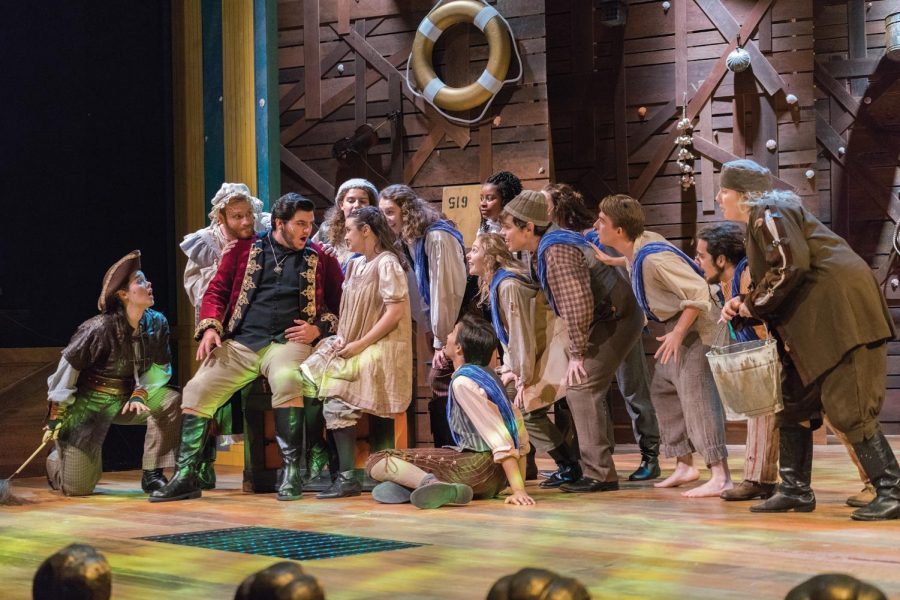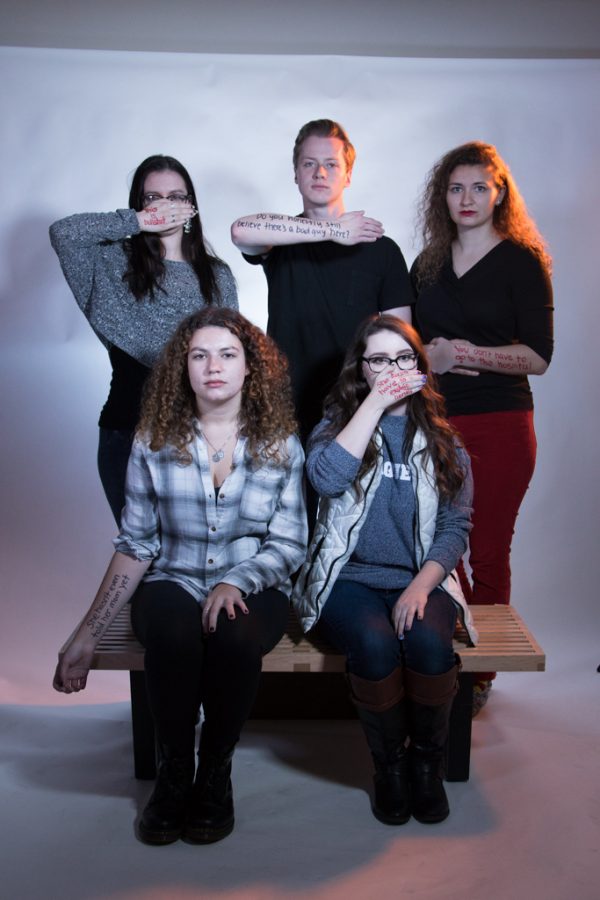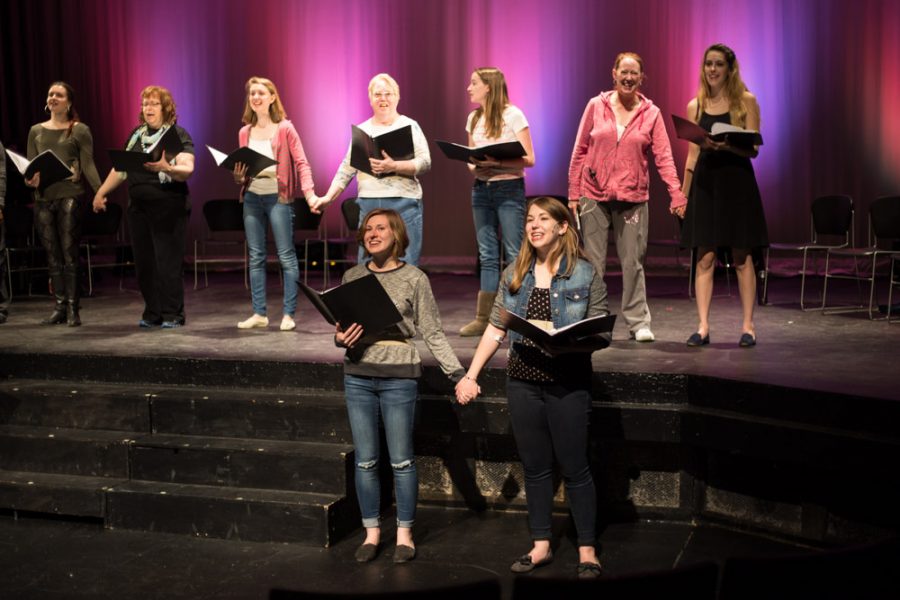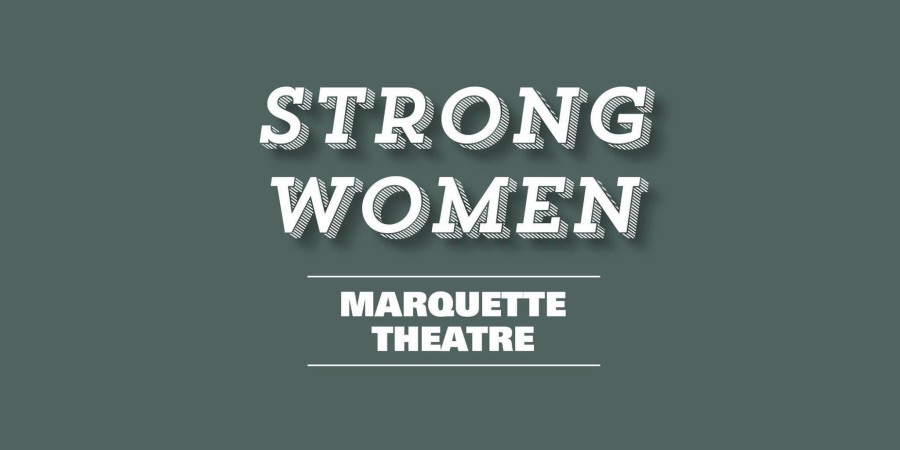
In honor of the sesquicentennial, or 150th anniversary, of the Civil War, Marquette will evaluate the meanings and histories of freedom and liberty throughout the United States and the world through the Freedom Project.
The project is part of a national initiative, The Civil War Sesquicentennial Network, which celebrates various demonstrations of freedom in this country supported by organizations like the CNN Freedom Project in Ending Modern Day Slavery and the Civil War Trust.
At Marquette, Freedom Project events include regular guest speakers presenting speeches at Raynor Library. The next event, on Sept. 27, will feature Steven Hahn, history professor at the University of Pennsylvania, who will speak on “The Dimensions of Freedom: Slave Emancipation, Indian Peoples and the Projects of the New American State.”
Artwork will be on display at the Haggerty Museum of Art until Dec. 22 and throughout Raynor Library Reserves. The pieces depict the evils of slavery and value of freedom. Marquette’s logo for the Freedom Project depicts an artist’s picture of a slave under whom the words, “Am I not a man and a brother?” appear, a picture encouraging the people of the time to abolish slavery.
The yearlong project is sponsored by the history department, the Office of Diversity and Inclusion in the Office of the Provost, Raynor Memorial Libraries and the Mellon Fund in the College of Arts & Sciences.
James Marten, project director and chair of the history department, has been planning Marquette’s celebration with the Freedom Project for two years. Marten said the project is a university wide effort.
“The library offered to host the website and come up with exhibits and other events; the theater department decided to devote its entire season to plays and performances related to different kinds of freedom; the Haggerty Museum devoted its entire space this fall semester to three different exhibits,” he said.
Marten said other aspects of the programming will deal with freedom of speech, artistic expressions of freedom, women’s and civil rights, corporate greed, domestic surveillance and education.
Debra Krajec, the artistic director of the theatre arts program, said she joined the project after Marten requested her consideration in devoting performances to the freedom topic.
“I was pleased to see how the arts are still valued as a way to express and explore freedom on our campus,” Krajec said. “We chose to use ‘FREEDOM TO…’ as our season’s theme this year, and each offering has a connection to different kinds of freedoms we are lucky enough to enjoy in our country today.”
Krajec said two upcoming productions encompass the values of the Freedom Project. She said the upcoming production “A Doll’s House” focuses on women’s inability to achieve freedom during Victorian times, while “Urinetown,” another upcoming production, satirically represents a people fighting for freedom from a corporate power.
William Welburn, director of the Office of Diversity and Inclusion, dedicated this year’s Metcalfe chairs and other funding to the project. Welburn said his decision to take part in the Freedom Project was simple considering the real importance in recognizing emancipation and its far reaching implications.
“That proclamation and its context – the Civil War – give us a lens to look at the ideas of freedom and democracy, which are not only important in world history, but are what we are experiencing now,” Welburn said.
Welburn said he hopes Marquette students will take advantage of the project’s offerings.
“We are delighted that the idea of freedom will be a part of the fabric of campus life this year, and I am happy that the provost’s office is able to play a part in making all of that happen,” Welburn said.
Marten said the idea of freedom is one Americans may sometimes lose in translation.
“I think most Americans take freedom for granted, but even more relevant is that most Americans think that the meaning of freedom is the same for everyone and has never changed,” Marten said.

